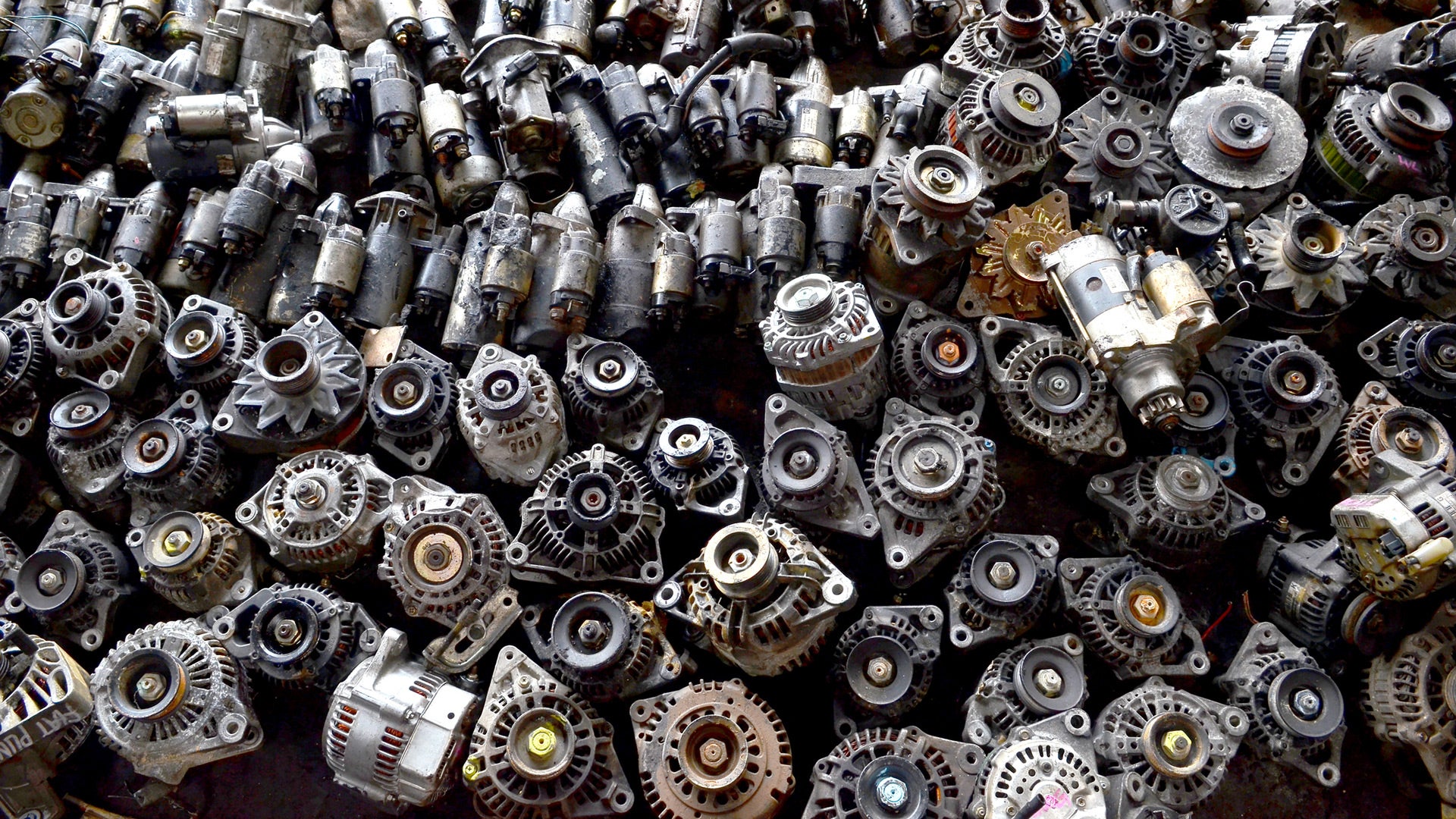Choosing and replacing a car alternator is an important decision that can affect the performance of your vehicle. Knowing when to replace or upgrade your alternator will help you ensure optimal operation, no matter what conditions you find yourself in.
This article will provide top tips for selecting the best replacement part and how to properly install it for improved performance and longevity. Read on to learn more about car alternators and make sure you get the most out of yours!
Research Alternator Options
When selecting an alternator, it is important to consider the size and power output of the unit. Alternators come in various sizes, ranging from small units suitable for most vehicles to larger ones suited for more powerful cars or trucks.
It is also important to look at the quality of construction and materials used when shopping around for a new alternator. Quality components such as heavy-duty bearings, robust voltage regulators, and durable brushes will ensure that your new alternator will last longer than one with lower-quality parts.
Additionally, many car owners may opt to install aftermarket performance alternators rather than stock models provided by automakers to gain extra engine power or improved fuel economy. However, these types of modifications should only be done by experienced technicians familiar with automotive electrical systems to avoid damage caused by improper installation or wiring connections.
Consider the Cost and Quality of Alternators

When it comes to replacing a car alternator, cost and quality are key considerations. An alternator can be expensive but purchasing a low-cost option may not provide the best value for money as cheaper components often fail more quickly than higher-quality alternatives.
The best approach is to balance the price with the longevity of the part and its performance capabilities. Consider investing in premium alternators from reliable brands that have proven track records for lasting longer and delivering optimal performance.
Additionally, take into account any warranties or guarantees that come with your purchase, which will give you peace of mind if anything does go wrong down the line. Ultimately, don’t skimp on quality when choosing an alternator – invest wisely now and reap long-term benefits later!
Install the New Alternator Properly
Replacing a car alternator can be an intimidating task, but with the right knowledge and tools, it doesn’t have to be. To install a new alternator properly, make sure you have all the necessary components and that your vehicle is off and parked on level ground.
Unscrew any bolts or clamps holding down the old alternator before separating it from its mounting bracket. Once this is done, connect the wiring harnesses of your new unit according to manufacturer instructions.
Make sure they are securely fastened to avoid any potential short-circuiting while in use. Next, attach the alternator’s pivot bolt and tighten it using appropriate tools for maximum efficiency.
When everything is connected correctly and tightly secured in place, start up your engine to test whether the installation was successful or not – if all goes well you should notice improved performance almost immediately!
Test the Performance of Your New Alternator

Once you have chosen and installed a new alternator, it is important to assess the performance of your car. The best way to do this is by testing the alternator.
Testing an alternator can help identify any potential issues before they become costly repairs down the line. To test your new alternator, start by checking that all connections are tight and secure.
Next, test for voltage output at various engine speeds using a multimeter or other device designed to measure electrical current flow in a vehicle’s charging system. If possible, use load tests as well to ensure that the maximum amperage output of your alternator meets factory specifications.
Finally, take some time to look for early signs of wear such as burnt connectors or frayed wires which may indicate poor performance due to improper installation or low-quality parts used during replacement. By performing these tests regularly on your new alternator, you will be able to detect problems much sooner and get them fixed quickly before they cause serious damage later on!
Conclusion
Choosing and replacing a car alternator is an important part of keeping your vehicle running smoothly and efficiently. The right alternator should be chosen carefully, as this can help ensure optimal performance from your car’s engine.
Consider the type of motor you have, the size of its pulley system, and other factors before making a decision. Additionally, it is essential to replace old or damaged alternators with new ones that meet your specific needs for optimal performance.
Installing a high-quality startor motor alongside the new alternator will also provide better results in terms of power output and efficiency. Taking these steps can go a long way toward helping you get the most out of your vehicle’s engine over time.




